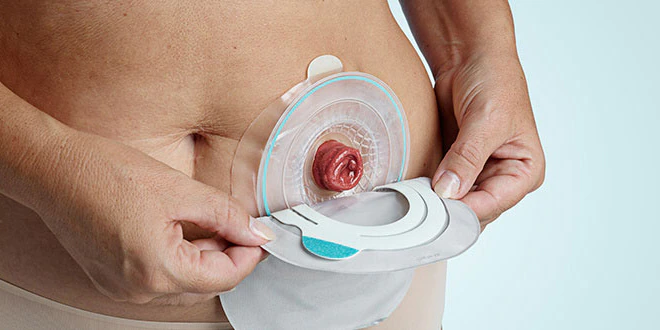As a doctor, I often get asked about the importance of health screenings before marriage. While love and compatibility are essential for a strong relationship, ensuring both partners are in good health is equally important. Pre-marital health tests can help detect potential health concerns that may affect your future together, including genetic conditions, infections, and fertility issues. Here’s a comprehensive guide on the health tests every couple should consider before tying the knot.
1. Blood Group and Compatibility Test
Knowing each other’s blood type is crucial, especially in case of emergencies and potential pregnancies. Couples with incompatible Rh factors (e.g., Rh-positive and Rh-negative) may face complications in future pregnancies, such as hemolytic disease of the newborn (HDN). Early awareness allows for proper medical management to prevent complications.
2. Genetic Testing
If there’s a family history of genetic disorders, such as sickle cell anemia, thalassemia, or cystic fibrosis, genetic screening is highly recommended. Some inherited conditions can be passed on to children, and knowing the risk beforehand allows couples to make informed decisions about family planning.
3. Sexually Transmitted Disease (STD) Screening
Sexually transmitted infections (STIs) like HIV, syphilis, gonorrhea, and chlamydia can affect both partners’ health and future pregnancies. Many STIs can be asymptomatic, so testing before marriage ensures early detection and treatment, protecting both partners from potential complications.
4. Fertility Tests
Fertility issues are more common than many realize, and both men and women can experience reproductive health concerns. Fertility tests, such as semen analysis for men and ovarian reserve tests for women, help assess reproductive potential. Early detection allows couples to explore medical options if needed.
5. Hepatitis B and C Screening
Hepatitis B and C are viral infections that can be transmitted through blood and bodily fluids. Chronic infections can lead to liver damage and other complications. Testing before marriage helps ensure preventive measures are taken, including vaccinations or treatment if needed.
6. Diabetes and Hypertension Screening
Chronic conditions like diabetes and high blood pressure can impact long-term health and pregnancy outcomes. Early diagnosis allows couples to adopt lifestyle changes and medical management strategies to maintain good health.
7. Mental Health Assessment
Mental health plays a vital role in a successful marriage. Conditions like depression, anxiety, or stress-related disorders can affect relationships and family dynamics. Seeking professional assessment and counseling can provide support and strategies for a healthier, happier marriage.
8. Thyroid Function Test
Thyroid disorders can impact metabolism, energy levels, and reproductive health. Both hyperthyroidism and hypothyroidism can lead to complications if left untreated. A simple blood test helps detect any thyroid imbalances.
9. Immunization Status Check
Ensuring that both partners are up-to-date on vaccinations, such as rubella, tetanus, and HPV, is important for protecting future children and preventing preventable diseases.
Final Thoughts
Pre-marital health tests are not just about identifying potential risks—they’re about empowering couples with knowledge and peace of mind. Knowing your health status and addressing any medical concerns before marriage can strengthen your relationship and set the foundation for a healthier future together.
Are you considering pre-marital health tests? Have any questions? Let’s discuss below!



